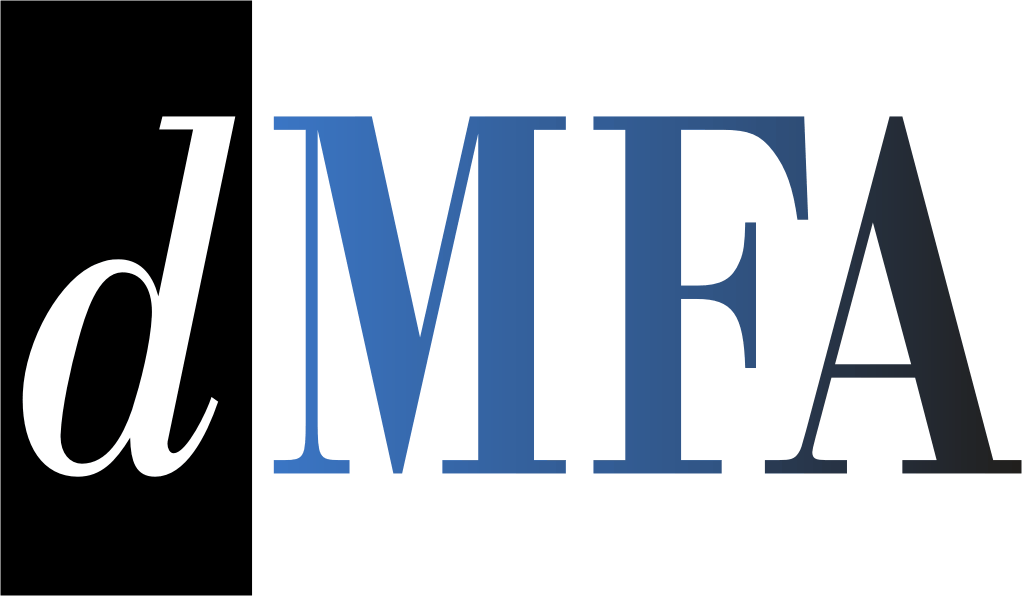Plenarna predavanja / Plenary Lectures in URNIK
na 1. konferenci o poučevanju matematike, fizike in astronomije
URNIK petek, 27. september 2019, in sobota, 28. september 2019.
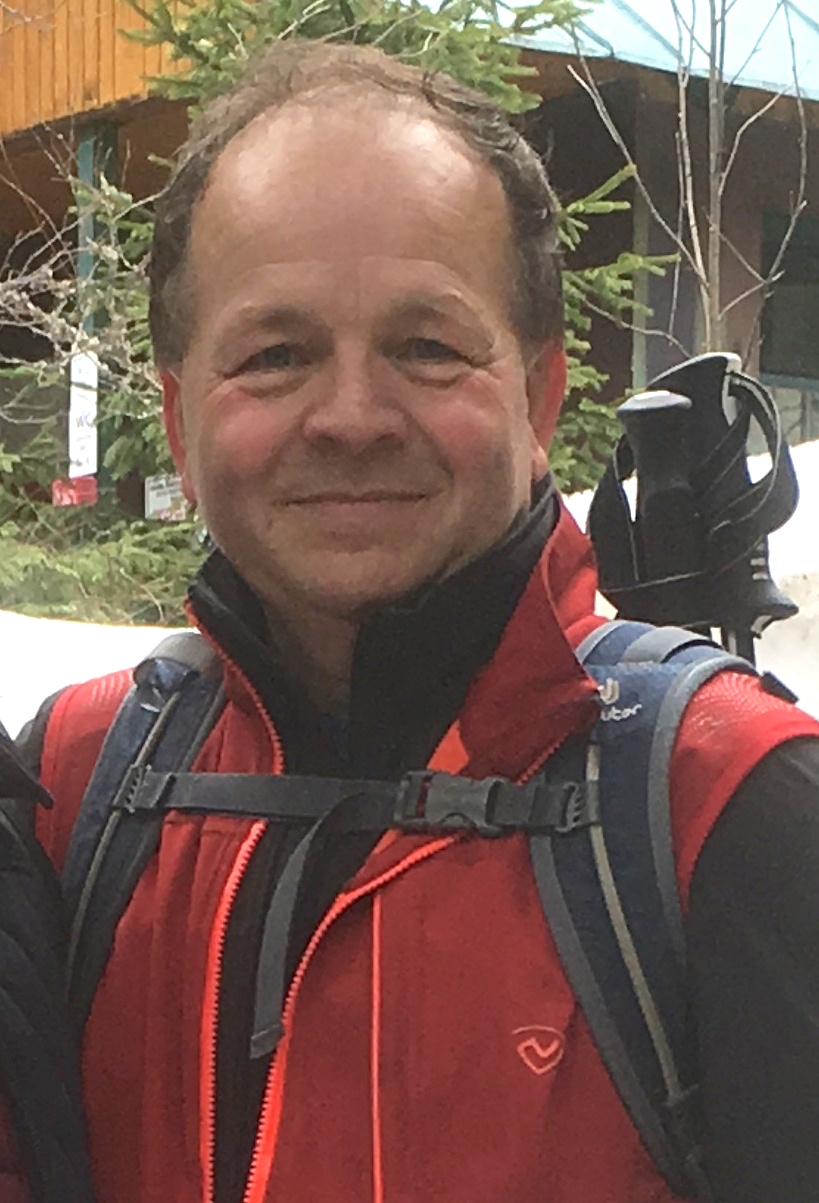 |
Faculty of Science Pavol Jozef Šafárik University in Košice, Slovakia Student skills and physics teacher professional development within Young Physicists’ Tournament Abstract Solving open problems at the expected level and preparing students for participation in the Young Physicists' Tournament competition is a professionally demanding activity, for both pupils and physics teachers. Pupils' teamwork in solving 17 problems focuses on the understanding of the problem, designing the apparatus, making measurements, collecting and evaluating data, interpreting them and defending own solution in physics fight. A few months’ work of a group of pupils under the guidance of a teacher supports the development of inquiry skills, conceptual understanding, group work and presentation skills of pupils. For a teacher, a Young physicist tournament is a space for self-development, building an informal relationship with students, strengthening natural authority. By action research, we verified the proposed model of preparation of the pupils' team, whose key stages will be presented by the case study carried out in Slovakia. The impact of targeted and systematic work with talented youth on national and international achievements is proven. We introduce students' solutions of selected physical problems from other years of the tournament, whose processing follows our proposed methodology. We will present the potential of problem-solving through selected publications, topics for school laboratory measurements at the level of guided inquiry as well as interactive demonstrations. |
Since 2011 he is Assoc. prof. at Faculty of Mathematics, Physics and Informatics at Comenius University in Bratislava, Slovakia in the field of Theory of Physics Education. His scientific focus is on the research of inquiry-based education with an emphasis on conceptual understanding and development of selected pupils' skills and in action research on gifted youth education. He is a co-author of 2 university scripts, Co-author of 3 upper secondary physics school-books (Mechanics, Dynamics, Molecular physics and Thermodynamics) a workbook for Informatics (Work with multimedia), Co-author of 18 textbooks, Co-author of 2 scientific monographs, author more than 165 original scientific work, 16 WoS or Scopus publications, with 13 citations, other 70 citations, 44 lectures at foreign scientific conferences, 82 lectures at home scientific conferences. He participated in many international projects, including ones within the FP 7 program. |
|
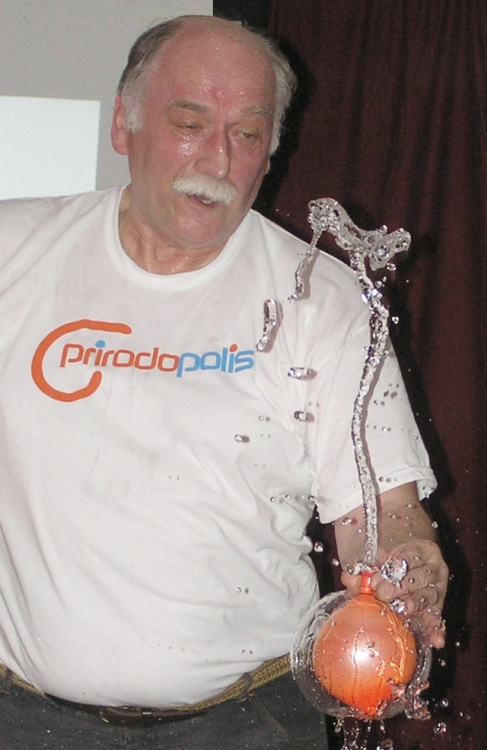 |
Udruga PRIRODOPOLIS, Zagreb, Hrvatska Ionizirajoče – neionizirajoče Povzetek Delitev elektromagnetnega spektra na ionizirajoče in neionizirajoče sevanje izhaja iz energijske sposobnosti fotona, da iz atoma izbije ali ne izbije elektrona. Dokazi o delčnih lastnostih svetlobe so zahtevali spremembo zasidrane paradigme o izključno valovni naravi svetlobe. Omejeni obseg učnih načrtov je povzročil razpršenost obravnave delov elektromagnetnega spektra po šolskem programu za fiziko. Sevanje gama se obravnava v okviru jedrske fizike, rentgensko sevanje v okviru sodobne fizike, vidni del spektra pri optiki, infrardeče sevanje pri termodinamiki, radiofrekvenčno sevanje pri elektromagnetnih nihanjih in električnih nihanjih, itd. Zato je potrebno zagotoviti celosten pogled in v ospredje postaviti pomen elektromagnetnega spektra za družbo kot celoto. Pomembno je tudi predstaviti lastnosti delov spektra in poudariti koristne in škodljive učinke elektromagnetnega sevanja na naše zdravje in kako se lahko po potrebi zaščitimo. Elektromagnetni spektra je danes del človeške kulture in je to, da imamo celovit pregled nad njim, bistven del splošne razgledanosti. |
Hrvoje Mesić je rojen v Zagrebu, kjer se je tudi šolal. Po študiju fizike je sedem let poučeval v srednji šoli, preostanek delovne dobe pa preživel na Oddelku za fiziko Fakultete za naravoslovje in matematiko v Zagrebu kot vodja laboratorija za demonstracijske eksperimente. Je izkušen predavatelj, ki je pogosto predaval učiteljem fizike na Hrvaškem in v Srbiji v programih strokovnega izpopolnjevanja ter velik popularizator znanosti, ki je pogosto nastopal tudi v TV oddajah (arhiv oddaj je na tem YouTube kanalu). Je ustanovitelj društva Prirodopolis, ki organizira in prireja potujoče interaktivne razstave, namenjene predšolskim otrokom, in dejavnosti, podobne dejavnostim v Hiši eksperimentov. Zdaj je upokojen, a še vedno zelo aktiven popularizator znanosti. |
|
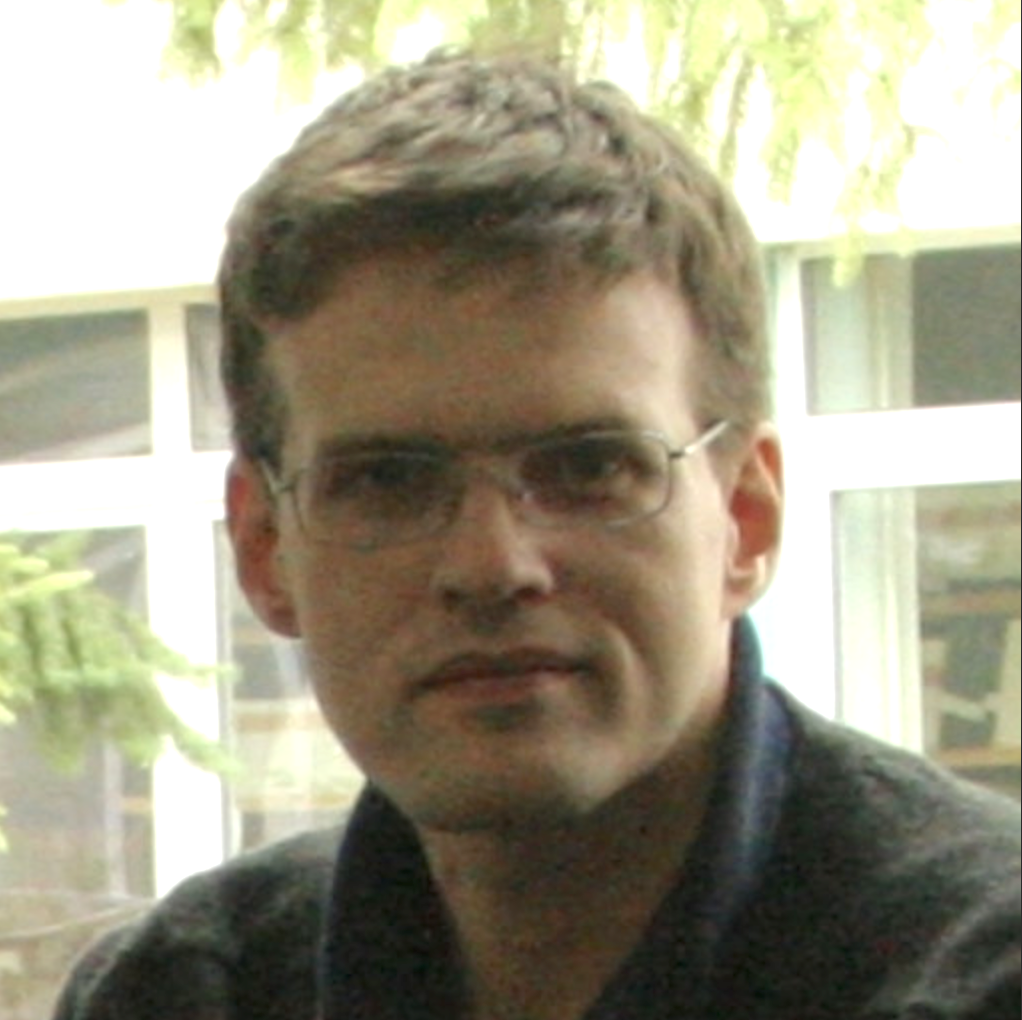 |
Kraków Pedagogical University, Kraków, Poland International Olympiad on Astronomy and Astrophysics Abstract The main goal of IOAA is to promote the growing interest in Astronomy and related subjects, especially through the general education of young people, and enhancing the development of international contacts among different countries in promoting Astronomy and Astrophysics in schools. It is expected through the event like IOAA more bright high school students will be eager to study astronomy at the university level to become the next generation astronomers. As a longtime general secretary and now president of the IOAA, I will share my experience of popularizing astronomy among young people. I will present experiences and different approaches to popularizing astronomy in many countries around the world. |
Dr. Greg Stachowski is currently an Assistant Professor in the Department of Astronomy at the Pedagogical University of Krakow, Poland. His primary research interests are observations of variable stars, digitization and preservation of legacy astronomical data, and providing access to digital archives through the Virtual Observatory. He has been involved in astronomical olympiads for the last twenty years, and with the International Olympiad on Astronomy and Astrophysics since 2007. Since 2017 he has been the President of the IOAA. | |
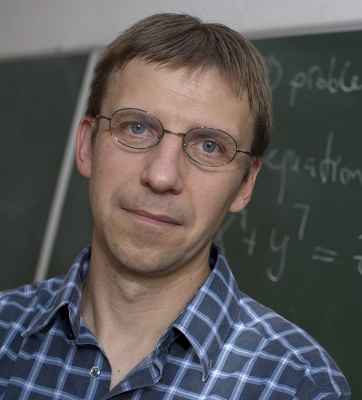 |
Rényi Institute of Mathematics, Hungarian Academy of Sciences; a math teacher at Szent István High School, Budapest, Hungary Talent nurturing with Pósa method Abstract Lajos Pósa has been organizing weekend mathematics camps for highly gifted students to foster their development with a special method since 1988. During these 30 years, he and his colleagues led more than 350 camps for more than 1500 students. Students’ work dominantly takes the form of a special team work, and the camps are based on a five-year-long coherent curriculum organized around problem threads, which form a complex web. These threads run parallel, in ‘harmony’, supplementing and assisting each other’s development. Effectiveness of the camps is reflected in the fact that in the past 25 years, almost all members of the Hungarian IMO teams participated in these camps before. The talk is about the history and present of these camps, and this special way of teaching, the Pósa method. |
Péter Juhász is a research fellow at Rényi Institute of Mathematics, Hungarian Academy of Sciences; a math teacher at Szent István High School, Budapest; and an instructor at Budapest Semesters in Mathematics Education. |
